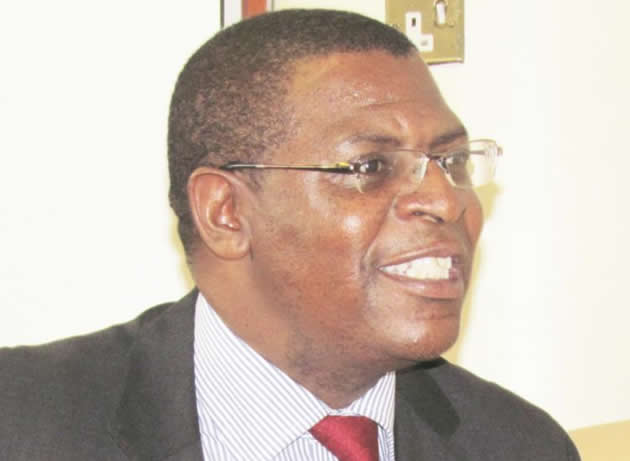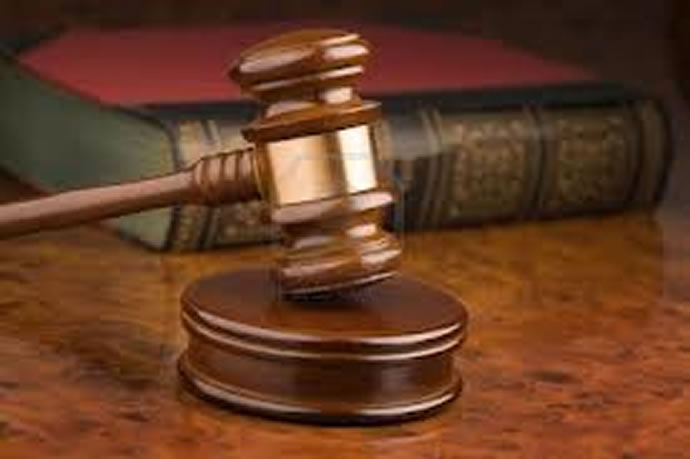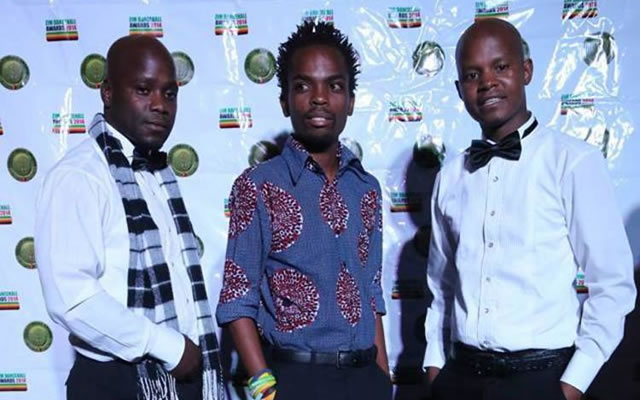Death of democracy by democrats

Tichaona Zindoga Political Editor
There is an irony, of course.
The most basic definition of democracy we are told, in the most hackneyed manner, is that democracy is rule by the people, for the people.Times could be changing in Zimbabwe, if what is happening in, and issuing from the “democratic” corner of the opposition, which came on the scene on the back of the gospel of democracy, elections, human rights and all that jazz, is anything to go by.
Professor Welshman Ncube, leader of a faction of the opposition MDC, wrote an interesting thesis on one website last Thursday.
The piece is entitled, “Are elections the only democratic means for an opposition party to assume political power?”
Yes, the title is suggestive enough.
For the benefit of those that may have missed the piece there are some of salient points that he makes.
He tells us that Zimbabwe is a constitutional democracy.
“What this means is that most, if not all, political processes must be guided by rational constitutional order as outlined in our country’s Constitution. The implications of this are that even our internal party processes — if at all we are worthy of a name ‘democratic movement’ — must echo those provisions of the ‘main’ constitution which afford our members and bind leaders to the values of free expression, free association, free choice and rule of law.”
He says elections only render “relative” legitimacy.
Thus, there are options available outside electoral politics, according to him.
“If Zimbabweans have no confidence in the electoral processes, they can agitate for changes by using peaceful popular dissent. It is part of their democratic right to free expression and association,” says he.
He makes mention of the “revolutions” in other parts of the world in the last 20 years, including the Arab Spring; and “instances where an incumbent president can ‘abdicate’ or resign”
These submissions were made on the heels of the announcement by the MDC-T that it would not participate in the forthcoming by-elections.
Party leader Morgan Tsvangirai told a press conference that “(MDC National) Council was unanimous that, as MDC, we will uphold the congress resolution (to boycott elections). It will be fatal to take part in by-elections or any other form of election until reforms are done.”
From then on there was talk of the MDC-T pulling out of Parliament altogether with the party’s spokesperson Obert Gutu posing a question on his Facebook page on the “benefits, if any, would the people of Zimbabwe derive from a total disengagement and withdrawal from Parliament by the MDC ?”
Job Sikhala was unequivocal stating, in response to a question, pontificating thus: “Get it from me. We are pulling out altogether permanently from that house of no value to the struggle not in the distant future.”
Death of democracy
Let us take it from the bottom to the top.
It is baffling that Job Sikhala describes Parliament as “that house of no value” when in fact he was one of the first representatives of the MDC to that august House and only ceased to be an honourable member because of the same schisms and fallout within the MDC.
Perhaps he never took it seriously, that is why he at some point went to the house dressed like a clown?
But that is beside the point.
It is only clear that Sikhala is considering Parliament to be “that house of no value” because the MDC has failed to send enough representatives there.
The last elections handed over two-thirds majority of National Assembly seats to Zanu-PF in the following configuration: Zanu-PF 160; MDC-T 49.
The MDC actually ceded its one-seat majority of 100 MPs to Zanu-PF which had 99 from the previous elections in 2008.
One can bet that had results been favourable to the MDC, Job Sikhala and company would not be talking about pulling out.
Parliament is where laws are made and people are represented.
One wonders how this becomes a “house of no value”.
Maybe we are taking the moronic Sikhala, who is not a parliamentarian himself, too serious.
Obert Gutu is not in parliament, either.
He was in the previous term a senator. By the way, Tsvangirai is not, either.
Now, do we see a pattern here?
All the same such undemocratic and nonsensical proposition is likely to meet stiff resistance, give us another split even, not least because being a legislator comes with perks which many would not, in Shakespearean terms “be lief” to let go.
It is clear from the above that the decision to seek to defeat the role and primacy of an important Arm of State is motivated by anything from childish sour grapes and spitefulness to downright political malice.
Wandering Welsh
Prof Ncube’s submissions are tied to the last point, which we call political malice.
It is to be noted that the politics of protests and violence and chaos have for long reposed with Tsvangirai.
In fact, it is the same that gave him fame at the turn of the century.
Now Welshman Ncube is seeking to use that tool that has long been in the hands of Tsvangirai albeit Ncube is hesitant telling us that, “Military action and violent behaviour are excluded from the menu of democratic decency.”
To show signs of further caution, hesitancy even, he notes some pseudo-revolutions like the Arab Spring have degenerated “into utter sectarian chaos, anarchy and violence”.
But the fundamental direction of his politics is the subverting of the constitutional order and making parliament redundant. His party did not get a single seat in the last elections, from the previous 10 or so in 2008.
He is frustrated and believes the easiest way is chaos, which he fancies, mistakenly so, stands to make him some lord in his Matabeleland backyard.
The logic is simple, in its naivety.
The opposition has failed to defeat Zanu-PF on the terms of electoral democracy that the opposition itself sought to champion and got a lot of money from the West who equally tout elections as a measure of credibility.
The opposition will not defeat Zanu-PF in the conceivable future.
In light of this, the chaos option is the only option.
That is why Prof Ncube jumps in.
He gives us the sophistic explanation that “legitimacy (derived from elections) is relative” most of all “because most local opposition parties and Western governments question the legitimacy of Zanu-PF governance”.
He says, “Both the Southern African Development Community (sadc) and African Union (AU) might put up brave faces to make the world believe in the legitimacy zanu-PF governance, but there are more who cast aspersion on it than those who embrace it.”
Do they embrace him or Tsvangirai?
The answer is “no” not least because both men and other pretenders have fallen on the big stage.
And, if elections do not lend legitimacy, will violent takeover and anarchy produce legitimacy, if the MDCs become unlikely beneficiaries of such?
Yes, perhaps, because that will have the blessings of Western governments!









Comments